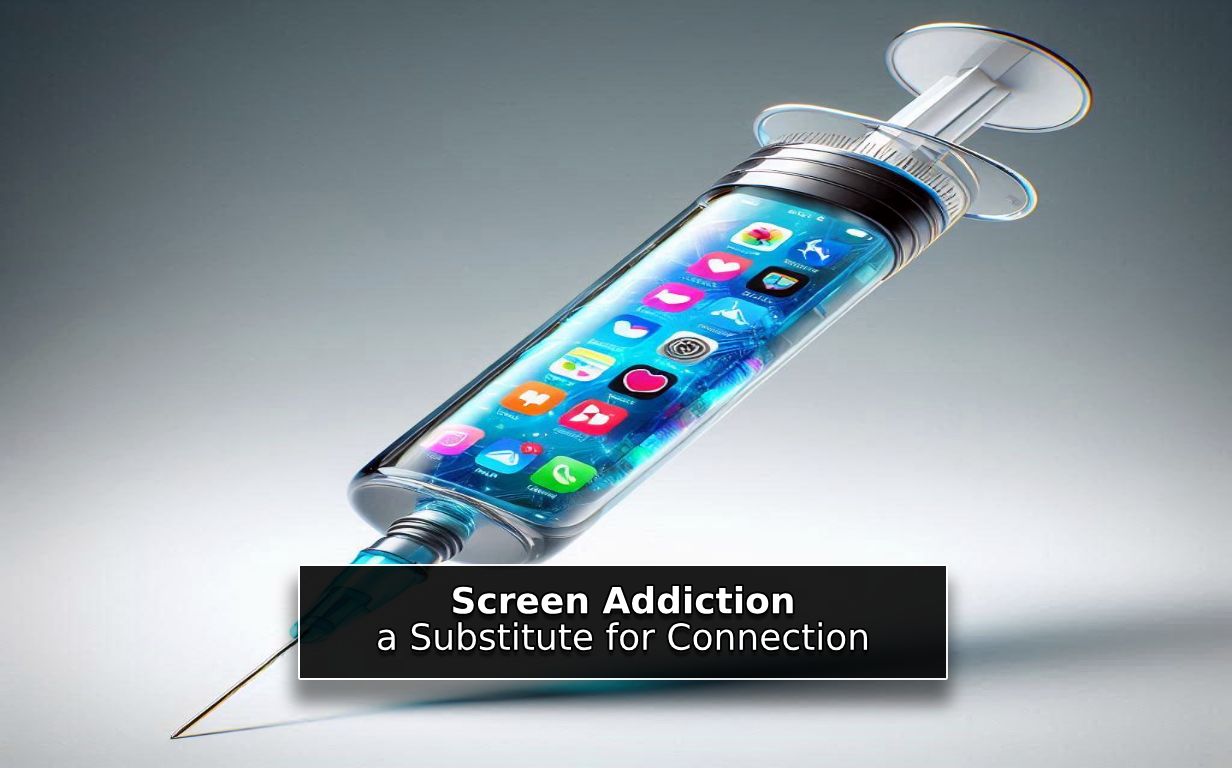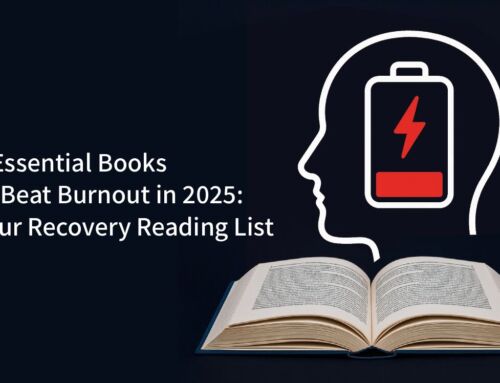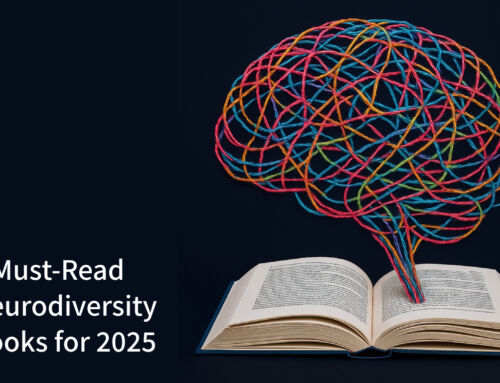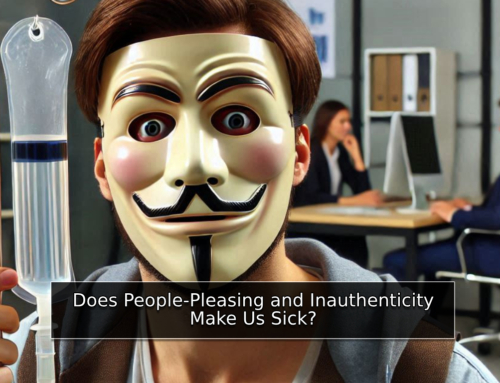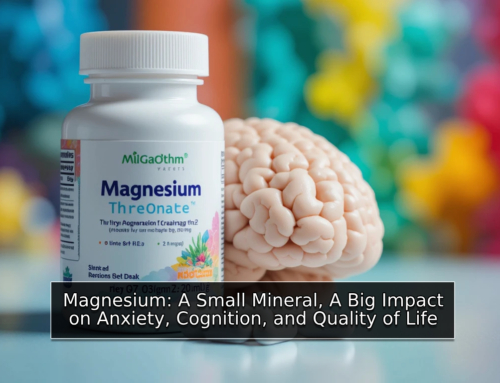Screen Addiction: a Substitute for Connection
Have you ever felt stuck in the virtual world, endlessly scrolling through feeds and feeling a sense of emptiness?
Screen addiction has become a common phenomenon in our era. Screens provide us with entertainment, information, and a seemingly connected world, but do they really give us what we need?
Johann Hari, an author and speaker, argues that "addiction is the opposite of connection". He emphasizes that genuine social connection is fundamental to mental health. While he doesn't directly link loneliness to screen use, he points out that our environment, including the digital environment, has a profound impact on our behaviors. Numerous studies support the idea that when people feel lonely or disconnected, they are more likely to turn to screens as a way to cope with these feelings.
The "Rat Park" Experiment: Insights from the Animal World
The "Rat Park" experiment demonstrated how an isolated environment can lead to behaviors similar to addiction. Isolated rats showed a clear preference for addictive substances, similar to how humans turn to screens to escape loneliness. This experiment highlights the importance of a rich social environment for mental health and behavior.
The Connection Between the Two Worlds
The connection between the "Rat Park" experiment and screen addiction is clear: similar to isolated rats, humans who experience loneliness and a lack of connection may turn to screens as a way to alleviate their feelings of loneliness. The screen becomes a readily available source of comfort, but it fails to satisfy our basic need for meaningful social connections.
Screen Addiction: A Search for Meaning
Beyond loneliness, screen addiction can also be a result of seeking meaning and purpose in life. Endless scrolling on social media and watching videos can be a way to escape the routine and feel part of a community.
Ways to Cope: CBT and ACT
Cognitive Behavioral Therapy (CBT): This therapy focuses on learning strategies to cope with negative thoughts and urges related to screen use. It helps us identify our automatic thoughts, examine them, and develop alternative thoughts.
Acceptance and Commitment Therapy (ACT): This approach emphasizes accepting difficult thoughts and feelings, along with committing to meaningful actions in life. ACT can help us reduce resistance to negative internal experiences related to screen use, and focus on activities that give us meaning.
Supporting Research: The Link Between Loneliness and Screens
Numerous studies point to the connection between loneliness and screen addiction. A study from the University of Pennsylvania found that lonely individuals are more likely to use social media as a substitute for real-world social connections. Another study showed that increased smartphone use is linked to higher levels of depression and loneliness.
In Conclusion: Connecting with the Real World
Screen addiction is a complex issue with implications for our mental and social well-being. Understanding the factors driving addiction, such as loneliness and a lack of connection, is a crucial step in addressing the problem. Therapies like CBT and ACT can provide practical tools to change our behaviors and improve our quality of life.
Remember, you're not alone. Help is available.
Note: This post is for informational purposes only and is not a substitute for professional advice. If you are struggling with screen addiction, it is recommended to seek professional help.
Sources:
- Hari, J. (2015). Lost Connections: Uncovering the Real Causes of Depression and the Unexpected Solutions.
- Twenge, J. M., & Haidt, J. (2019). Have smartphones destroyed a generation?
Contact now
Ready to take the first step towards positive change? Contact me now for more information and to schedule an appointment. Whether you prefer in-person sessions in Tel Aviv or virtual meetings via Zoom, my integrated approach of Cognitive Behavioral Therapy (CBT) and Acceptance and Commitment Therapy (ACT) can help you break free from struggles and find greater fulfillment in life. I'll be sure to get back to you as soon as possible. Let's embark on this transformative journey together!
Call Whatsapp 052-2325511
Or fill out the following form.
Can ACT and CBT assist you or your loved ones?
Welcome to my therapy practice, where I offer a powerful combination of Cognitive Behavioral Therapy (CBT) and Acceptance and Commitment Therapy (ACT) techniques. CBT is a goal-oriented, short-term approach that's highly effective for anxiety, depression, low self-confidence, and more. ACT complements CBT, helping you navigate life's challenges and find fulfillment and authentic, happier life.
If you're struggling with anxiety, depression, low self-image, or facing setbacks, CBT combined with ACT may be the key to transforming your life. Break free from the struggle and take a step towards a happier, more fulfilling life.
Contact me today to schedule an appointment and embark on your journey of positive change. You don't have to face it alone; I'm here to support you every step of the way. Let's work together to create the life you deserve!
